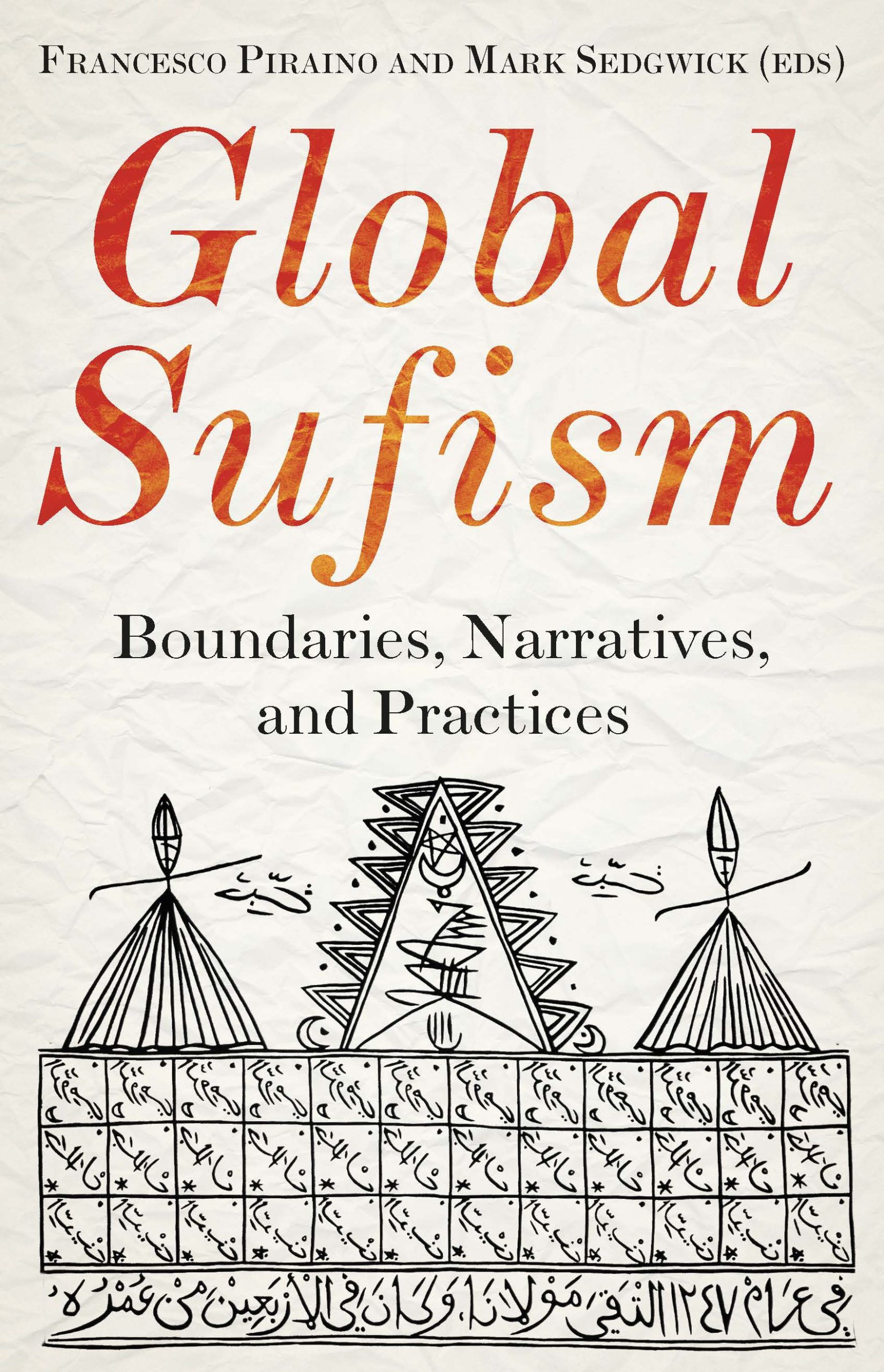Global Sufism. Boundaries, Structures and Practices
Global Sufism. Boundaries, Structures and Practices
edited by Francesco Piraino and Mark Sedgwick
Hurst, London, 2019
Despite the prevailing stereotyped academic Orientalist view, widespread in Europe, of Sufism reduced to a shadow or a relic of an ancient past, contemporary Sufism, understood as a set of spiritual, mystical and esoteric manifestations within Islamic religiosity, is a growing global phenomenon. This book brings together the work of fourteen leading experts on the study of Sufism, who systematically explore the key themes of Sufism’s new global presence, from Yemen to Senegal, Chicago and Sweden. They look not only at the spread of Sufi brotherhoods but also at movements influenced by them. Moreover, they attempt to map out and describe global Sufi cultural production, from Rumi to pres
ent-day rappers. Examining the contested and shifting relationship between the particular and the universal within the Islamic religion, the authors show how Sufism is seen as the timeless and universal essence found in all religions, the key to tolerance and co-existence between religions and also the heart of orthodoxy and the Islamic tradition. Finally, the book turns to politics. Many modern nation states, whether with a Muslim majority or not, are using the narrative of Sufism to promote their political objectives, while Sufi brotherhoods are forging alliances with them against common enemies. This raises the complex issue of the Sufi brotherhoods’ political position.
